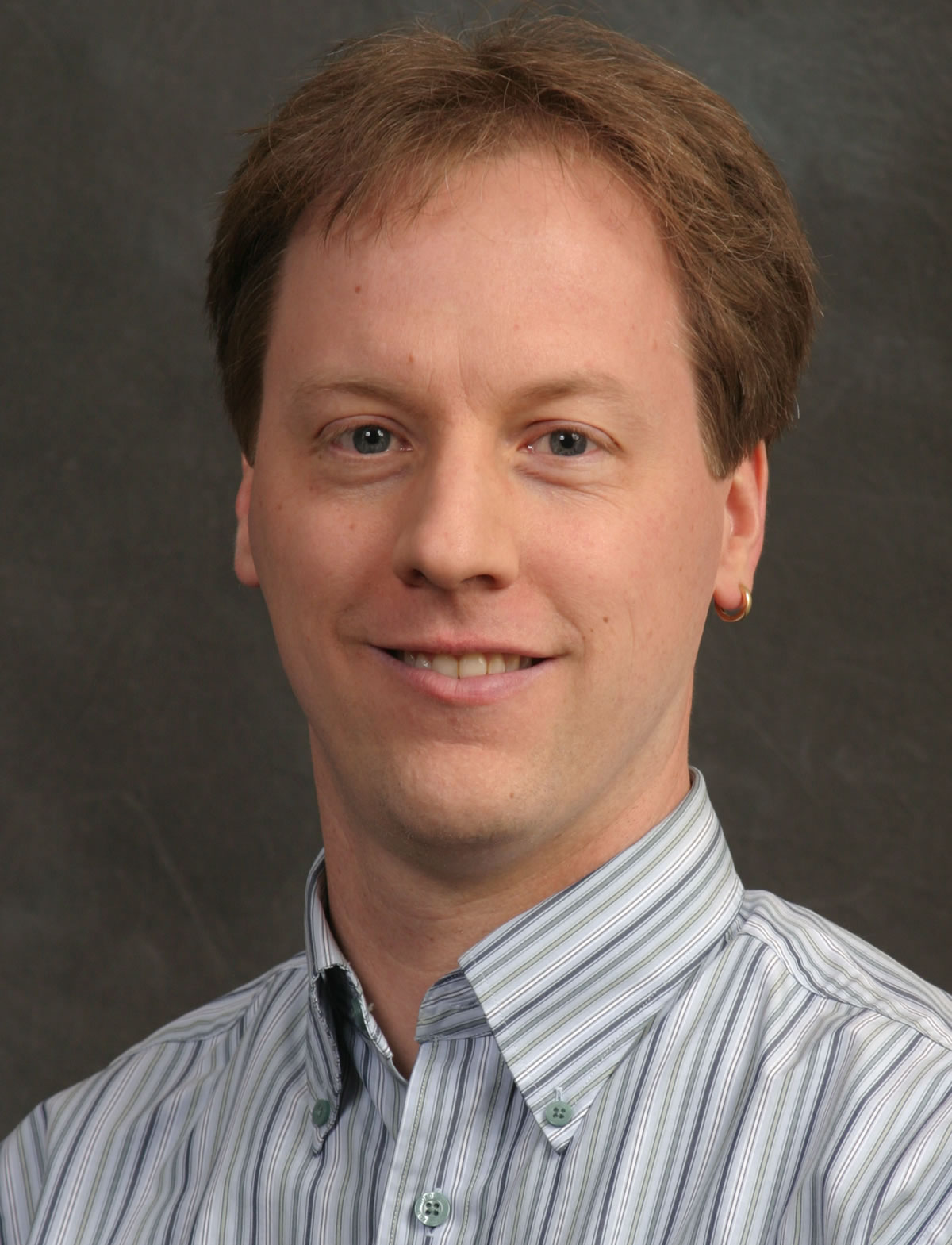Johnson Joins NSF-sponsored Inorganic Chemistry Project
September 11, 2018
Harvey Mudd College chemistry professor Adam Johnson will participate in an innovative study to develop, test, and refine a flexible, foundation-level inorganic chemistry course. As one of the first 20 faculty (Virtual Inorganic Pedagogical Electronic Resource [VIPEr] Fellows) selected for this ground-breaking project, Johnson will join other inorganic chemists from across the country in a community of practice dedicated to improving student learning.
Over the course of the project, the VIPEr Fellows will implement evidence-based practices in their courses.
Johnson was one of the founding members of the team that initially developed the Interactive Online Network of Inorganic Chemists (IONiC), which is carrying out the project. “I am excited to join this study to show the efficacy of the educational practices we have developed over the last decade with VIPEr,” he says.
The study, titled “Improving Inorganic Chemistry Education,” is being led by IONiC with support from the National Science Foundation’s Improving Undergraduate STEM Education program. The project team will use classroom observations, analysis of student work, student surveys and faculty interviews to study how changes in the classroom affect student learning, interest and motivation. IONiC’s web home, the Virtual Inorganic Pedagogical Electronic Resource (VIPEr; www.ionicviper.org), is the hub for disseminating the course goals, content and pedagogy. VIPEr Fellows will also investigate how IONiC may encourage the adoption of evidence-based classroom practices.
”The project leaders are excited about the energy and commitment of the first group of VIPEr Fellows,” said Professor Joanne Stewart of Hope College, a principal investigator on the grant. “We celebrate the diverse approaches they bring to teaching inorganic chemistry and the new insights into faculty development they will enable.”
###
More about the NSF project, VIPEr
NSF Grant Supports Inorganic Chemistry Education (2017)
NSF Grant Funds Inorganic Chemistry Curriculum and Faculty Development (2012)
